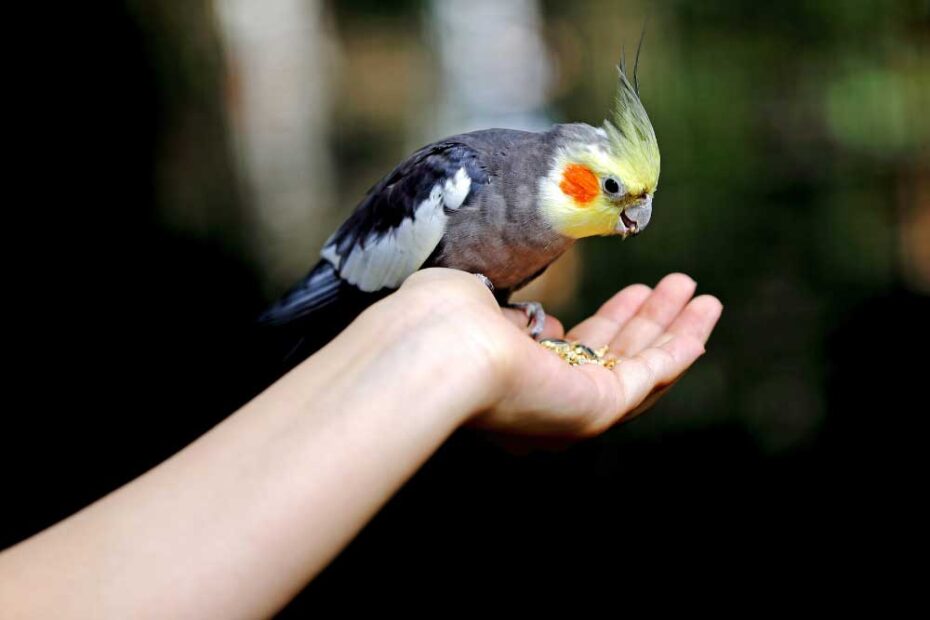Bringing a pet bird into your home is a big decision that requires a lot of thought and consideration. Before making the commitment, it’s important to consider several factors to ensure that you and your new feathered friend are a good match.
- Time and commitment – Birds require a significant amount of time and attention. They need daily care, including feeding, cleaning, and interacting with them. If you are not willing or able to commit to this level of care, a pet bird may not be the right choice for you.
- Living space – Consider the size of your living space and whether it is suitable for a pet bird. Birds need room to fly and exercise, and some species require larger cages or aviaries.
- Noise level – Many bird species are known for their loud vocalizations, which can be disruptive for some people. Research the noise level of the bird species you are interested in to ensure that it is suitable for your living situation.
- Lifestyle – Consider your lifestyle and whether it is compatible with having a pet bird. Birds require a consistent routine, and if you travel frequently or have a busy schedule, it may be difficult to provide the necessary care.
- Cost – Pet birds come with a variety of expenses, including food, cage, veterinary care, and grooming supplies. Additionally, certain species require special diets or supplements, which can add to the cost. Be prepared for the financial commitment involved in owning a pet bird.
- Lifespan – The lifespan of a pet bird can vary greatly depending on the species. Some species live for just a few years, while others can live for decades. It’s important to consider the lifespan of the bird species you’re interested in, and whether you’re prepared for a long-term commitment.
- Training and behavior – Many bird species are intelligent and can be trained to do tricks and even talk. But, some species are more challenging to train than others. Make sure to research the behavior and training required for the species you’re interested in.
- Socialization – Many birds are social animals and enjoy interacting with humans and other birds. On the other hand, some birds are more independent and require less interaction. Consider your own socialization needs and those of the bird species you’re interested in.
In conclusion, owning a pet bird requires a significant commitment of time and money, and a suitable living environment. It’s essential to research the specific needs of the bird species you’re interested in, your own lifestyle and the level of commitment you’re prepared to make. With proper research and consideration, you can ensure a happy and healthy life for both you and your new feathered companion.
